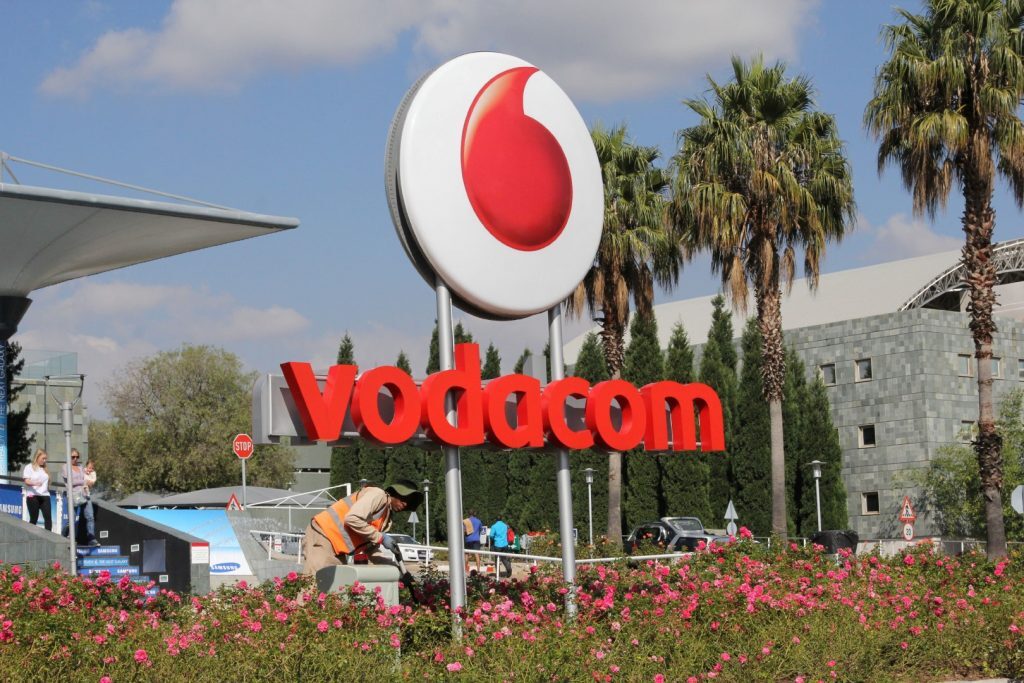If you didn’t already know the future of internet connectivity involved fibre, this month’s massive R13.2bn deal between Vodacom and Remgro to combine their fibre offerings into a new infrastructure company should be enough confirmation.
Vodacom will combine its fibre assets – worth R4.3bn – with that of Remgro’s 57% owned Community Investment Ventures Holdings (CIVH), which will combine its Dark Fibre Africa and Vumatel into the new InfraCo venture. Vodacom is injecting R6bn in cash, and will hold 30% of the new company, with an option to acquire another 10%.
This kind of consolidation is part of a global trend as telecoms firms realise the importance of economies of scale in this increasingly complex business. Providing internet connectivity via fibre or cellular is now part of what many connectivity companies, including cellular operators.
“As we move into a 5G world, the rollout of DFA and Vumatel will help us to optimise our costs from sharing, especially in areas like fibre to the base station,” said Vodacom Group CEO Shameel Joosub.
This deal will give a leg up to Vodacom Africa’s connected campaign, he adds, “…which seeks to build on our existing efforts to close the digital divide to ensure that everyone on the continent can enjoy the full benefits of a digitalised society as we connect the next 100 million people in Africa”.
Vumatel is a success story in its own right, having been the first independent fibre network for the fibre-to-the-home (FTTH) market – which then was acquired by CIVH. Its wholesale open-access network, which has 31,000km of fibre, and connects 1,2m homes.
DFA is focussed on so-called dark fibre, carrier-grade connectivity that it builds, installs, and operates as a national metro fibre network. This is 13,000km long and has 37,000 connections, mostly to enterprise customers.
The tie-up between the consumer-focussed Vumatel and the enterprise-orientated DFA is not only good for Vodacom’s bottom-line – as Joosub points out in providing much-needed connectivity for base stations – but useful for many knock-on effects.
As a consumer, you would expect some added value from combining service providers, not least of which is consolidating two monthly invoices into one.
If you are already a Vodacom cellular subscriber and a Vumatel fibre customer, as I am, it makes sense to consolidate these two services into one. Vodacom already offers wifi calling – where it routes voice calls through wireless hotspots, thereby offloading some traffic from cellular onto a fixed connection. Using a fibre connection that is part of the Vodacom extended network can only make it more efficient.
Many cellular operators have offloaded their base stations to another company that specialises in running them, London-based IHS Towers.
On Wednesday, 17 November, MTN, the largest mobile operator in Africa, concluded its R6.4bn deal to sell and lease back its 5,709 towers in South Africa to IHS.
The reason for this is simple: cut costs. It would have been unthinkable a decade ago for a cellular operator to own and build its own mobile network. This was because of the initial land grab by operators from the early 1990s to build a network to reach as many people. In many ways, the network was the business – the physical way to make a cellphone call was over a network. But since the shift towards data over voice has changed the priorities of operators – especially given how smartphones have made “the mobile internet” just “the internet” – has induced as significant a sea change in operating models for operators. Why own your own network when you can outsource it, get a cash return on your investment, and move that significant cost from capex into opex?
Clearly, IHS knows a thing or two about economies of scale, which much certainly be helpful when upgrading its 27,000 towers in nine countries in Africa, the Middle East and South America to the incoming 5G standard. Negotiating for that many towers in the fast-growing emerging markets must include meaningful discounts, one imagines.
Interestingly, Vodacom, which is the largest network in SA, has decided to do the opposite.
It has spent R47bn on its network over the last five years and spent R5.6bn this year alone, up 11% from R5bn a year ago.
It’s worth remembering that Vodacom’s owner, Vodafone, has a similar fibre plus mobile strategy in the UK and Europe, which must inform the SA infrastructure consolidation. It clearly sees a strong future in owning the network, as much as MTN sees similar riches in outsourcing them. These two divergent business models are a sign of how the mobile industry continues to mature, while IHS – only founded in 2001 in Lagos – has become something of an emerging markets powerhouse. Who woulda thunk it?
This article first appeared in the Daily Maverick.
